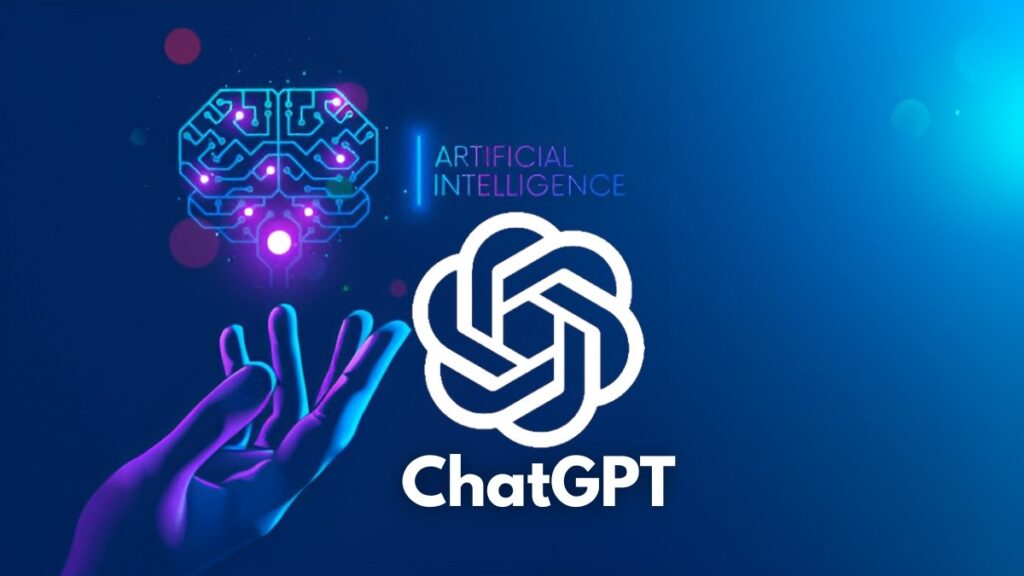Since the ITHACA project is all about using artificial intelligence (AI), we were tempted to ask for its view on our main goal – improving the engagement and communication of citizens with local authorities.
Are you itching to know the answer? Here it is!
AI can enhance citizens’ participation in local governance in several ways:

It is important to ensure that AI systems used in local governance are designed with transparency, accountability, and ethical considerations in mind. Inclusivity and data privacy should be safeguarded to prevent any biases or discrimination. Regular monitoring, evaluation, and citizen engagement are essential to ensure the responsible and effective use of AI in enhancing citizens’ participation in local governance.

Funded by the European Union. Views and opinions expressed are however those of the author(s) only and do not necessarily reflect those of the European Union or the Europe Research Executive Agency. Neither the European Union nor the granting authority can be held responsible for them.